Students protest at elite Indian university as academics quit amid row over freedoms
Critics have accused the Modi government of trying to suppress dissent
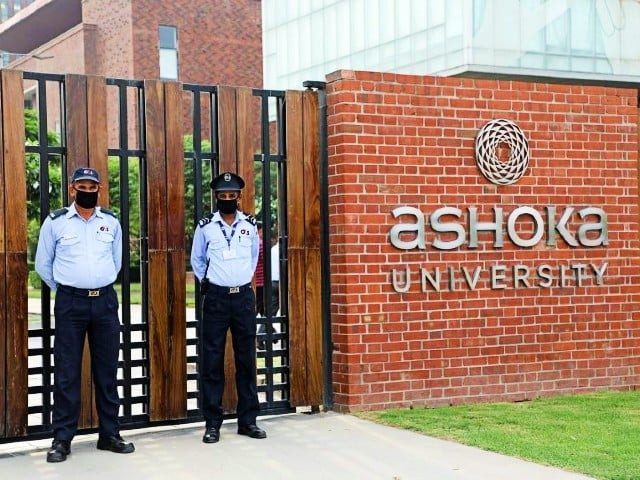
Students and staff at an elite Indian university on Thursday demanded the reinstatement of a prominent academic, who they say was forced to resign in an attack on freedom of speech.
Pratap Bhanu Mehta, one of India’s best known intellectuals and a vocal government critic, resigned from the private Ashoka University, north of the capital New Delhi, on Tuesday.
His decision led to the resignation of a second prominent academic on Thursday and protests at Ashoka, founded in 2014 as an Indian alternative to the US Ivy League colleges.
Also read: 'Night of horrors': Inside the Indian university stormed by police
“We strongly condemn the conditions that led to these resignations and the lack of transparency from the university,” a statement by the university’s student body said, demanding Mehta be reoffered his position.
Mehta - a former vice chancellor and hugely popular figure at the university - did not respond to a request for comment, and the reasons for his resignation have not been made public.
A group of students protested against Mehta’s resignation at the campus on Thursday, according to emails and social media posts.
The second academic to resign, Arvind Subramanian, a former chief economic adviser of Prime Minister Narendra Modi’s government, said the news regarding Mehta was “troubling”.
“The circumstances involving the ‘resignation’ of Professor Pratap Bhanu Mehta, who is not just a dear friend but a truly inspirational national figure, have devastated me,” Subramanian said, according to copy of his resignation letter shared between fellow academics and first reported by the Indian Express.
Read more: India university official urges students to kill each other
“That even Ashoka — with its private status and backing by private capital — can no longer provide a space for academic expression and freedom is ominously disturbing.”
Subramanian could not be reached for further comment.
The university’s current vice chancellor, Malabika Sarkar, did not respond to a request for comment.
Critics have accused the Modi government of trying to suppress dissent. Earlier this month, a US-based think-tank downgraded India’s democracy from free to “partly free”, drawing fury from New Delhi.
The government rejects the allegation and said it did not need approval from foreign organisations.


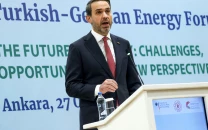
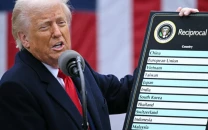
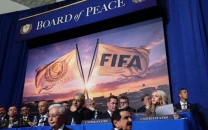
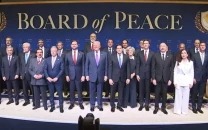













COMMENTS
Comments are moderated and generally will be posted if they are on-topic and not abusive.
For more information, please see our Comments FAQ